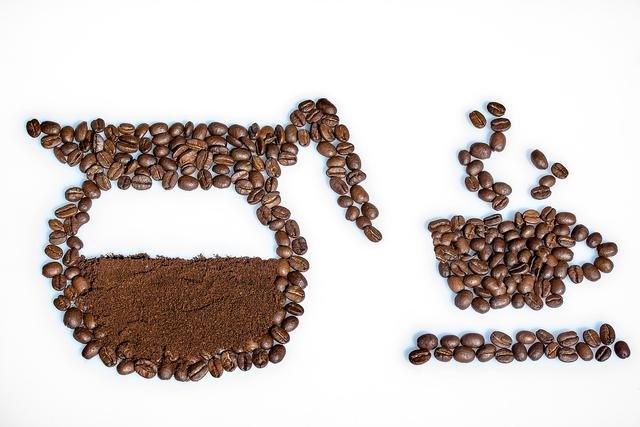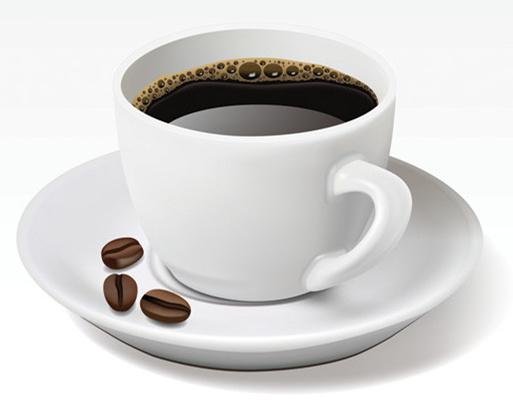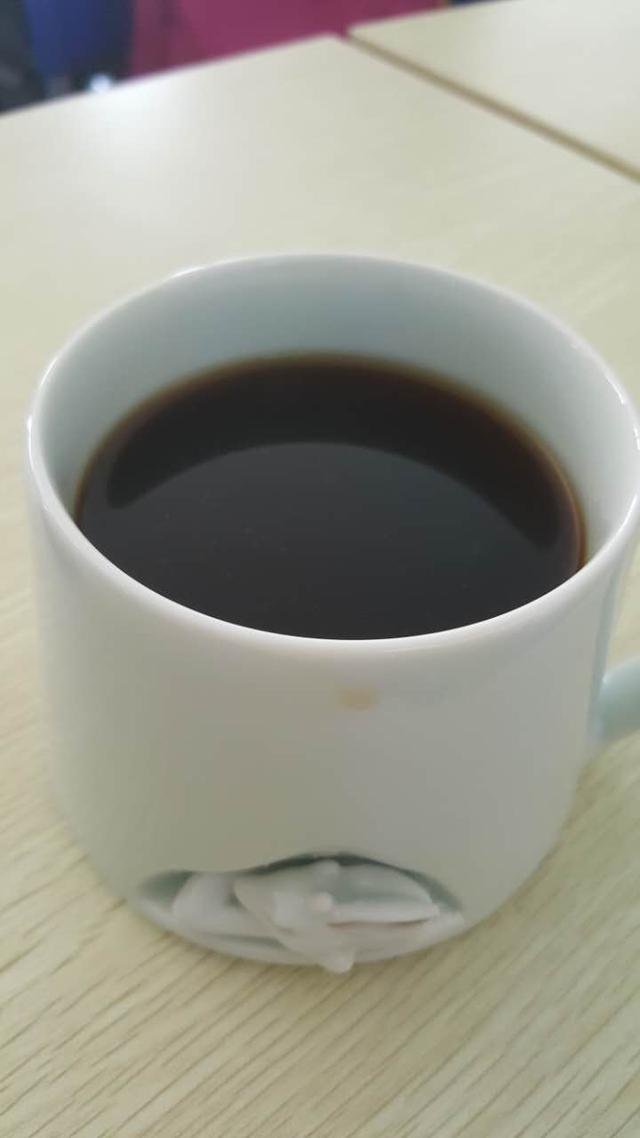
For good health, what is good for coffee and tea? Scientifically, it is better to drink coffee (cannot add sugar or other, the same below), because a large amount of research evidence has been accumulated to support the health benefits of drinking coffee, including but not limited to reduce the risk of many chronic diseases, such as diabetes , cardiovascular and cerebrovascular diseases (arteriosclerosis, hyperlipidemia, hypertension, coronary heart disease, stroke, etc.), Alzheimer's disease, gout and certain tumors. In contrast, research evidence on the health benefits of drinking tea is much less, especially the lack of high quality scientific evidence. Of course, this comparison also has a less "scientific" side because there are fewer studies on tea drinking and therefore there is less evidence of its health benefits.

But no matter what, the research evidence supporting the health benefits of drinking coffee is far too full, far exceeding the support for tea, and it is simply overwhelming. Drinking coffee has been written not only as part of a healthy lifestyle, but has also been given a quantitative recommendation of 200 to 400 milligrams of caffeine per day (3 or 5 cups of coffee). What about tea? Although it is also listed in the "Chinese Dietary Guidelines 2016" recommendation, it is only used as a way to supplement water and juxtaposed with white water, and there is no way to give quantitative advice. How much better is it to drink every day? At present, there is not enough research evidence to give scientific quantitative advice, and only three or five grams of tea per day can be said based on experience (the experience of tea-making, tea-selling, tea-drinking, and research on tea may vary). In addition, there are many varieties of tea, but the health benefits of different types of tea do not seem to differ significantly (according to current research evidence).
The original intention of drinking coffee is to refresh the mind and keep the brain excited and maintain a better physical condition. However, people are also worried that this will endanger the health (in the past there were many recommendations for drinking coffee). Not only do you not have to worry about hazards, but you can also harvest health benefits (at the recommended intake), which is wonderful. What about tea? Although there has always been a saying that drinking tea is good for health, it has not accumulated enough research evidence until now. It is a bit embarrassing.
A person who does not drink coffee or drink tea, if he must choose a drink, then he should recommend drinking coffee in terms of physical health and science. Of course, if he must choose tea, there is no reason to oppose it. I drink coffee and drink tea every day (yes, boiled water drink less).

When choosing what to drink, consider the condition of your body. Some people are particularly sensitive to coffee. It is obvious that palpitation and insomnia do not drink or drink “low-cause coffee” (low health benefits for coffee do not seem low); some People are more sensitive to tea, flustered, insomnia, stomach upset, etc., then do not drink or drink very light tea. It is also very important that you do not drink hot or hot coffee (>65°C) when you drink coffee or tea, or increase the risk of cancer (WHO recommends). In addition, it has been heatedly discussed that there are pesticide residues in tea, aflatoxin contamination in Pu'er, and acrylamide in coffee roasting (WHO identified as a class 2 carcinogen). These issues are not discussed in this paper. From this perspective, drinking boiled water is a foolproof proposal! Or do you still drink boiled water?